

Founder of Zenture Partners, a Global Telecom Consulting Agency that has built the first Telecom Marketplace which gives global enterprises a single platform to manage, order, and optimize all their IT and telecom services — powered by AI, real-time pricing, and end-to-end automation. 20 years of experience supporting large global enterprises and Tier 1 service providers focusing on transformation and disruption.
Available For: Advising, Consulting, Influencing, Speaking
Travels From: Dallas, TX
Speaking Topics: Future of Telecom for Enterprises, Next Generation WAN, Global Telecom Management
| Robert Bye | Points |
|---|---|
| Academic | 0 |
| Author | 20 |
| Influencer | 52 |
| Speaker | 0 |
| Entrepreneur | 50 |
| Total | 122 |
Points based upon Thinkers360 patent-pending algorithm.
Tags: IT Leadership, IT Operations, Telecom
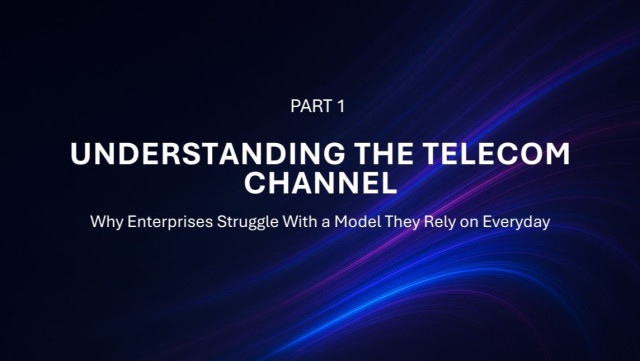 Part 1: Understanding the Telecom Channel
Part 1: Understanding the Telecom Channel
Tags: AI, Entrepreneurship, Telecom
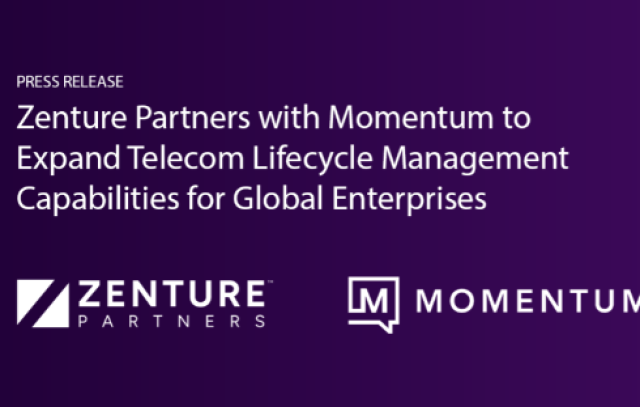 Zenture Partners with Momentum to Expand Telecom Lifecycle Management Capabilities for Global Enterprises
Zenture Partners with Momentum to Expand Telecom Lifecycle Management Capabilities for Global Enterprises
Tags: AI, Entrepreneurship, Telecom
Tags: Change Management, Digital Disruption, Telecom
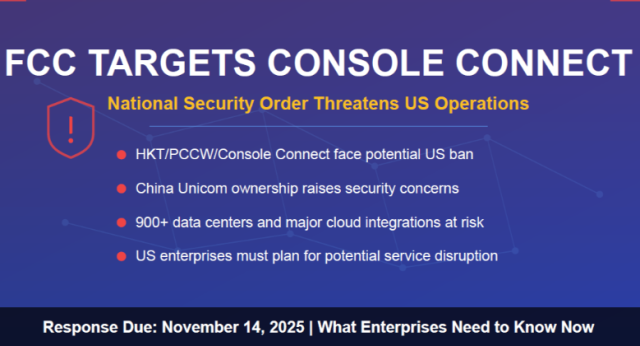 The FCC Just Put Console Connect in Its Crosshairs: What US Enterprises Need to Know
The FCC Just Put Console Connect in Its Crosshairs: What US Enterprises Need to Know
Tags: AI, Entrepreneurship, Telecom
Tags: Change Management, Digital Disruption, Telecom
Tags: Change Management, Digital Disruption, Telecom
Tags: Digital Transformation, Innovation, Telecom
 You're Doing Way Better Than You Give Yourself Credit For
You're Doing Way Better Than You Give Yourself Credit For
Tags: AI, Entrepreneurship, Telecom
Tags: Change Management, Digital Disruption, Telecom
Tags: Change Management, Digital Disruption, Telecom
Tags: Change Management, Digital Disruption, Telecom
Tags: Change Management, Digital Disruption, Telecom
Tags: Change Management, Digital Disruption, Telecom
Tags: Change Management, Digital Disruption, Telecom
Tags: Change Management, Digital Disruption, Telecom
 9th Annual Toss for Tots
9th Annual Toss for Tots
Tags: AI, Entrepreneurship, Telecom
 21Packets
21Packets
Tags: AI, Entrepreneurship, Telecom
 Zenture Partners
Zenture Partners
Tags: AI, Entrepreneurship, Telecom

Tags: AI, Entrepreneurship, Telecom

Tags: AI, Entrepreneurship, Telecom

Tags: AI, Entrepreneurship, Telecom

Tags: AI, Entrepreneurship, Telecom
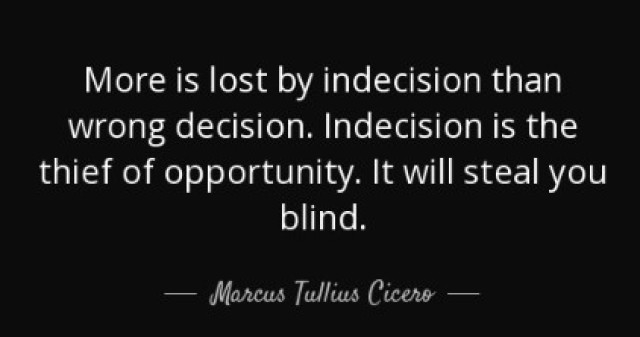 Why Do Enterprises Struggle to Make Decisions
Why Do Enterprises Struggle to Make Decisions
Tags: IT Leadership, IT Operations, IT Strategy
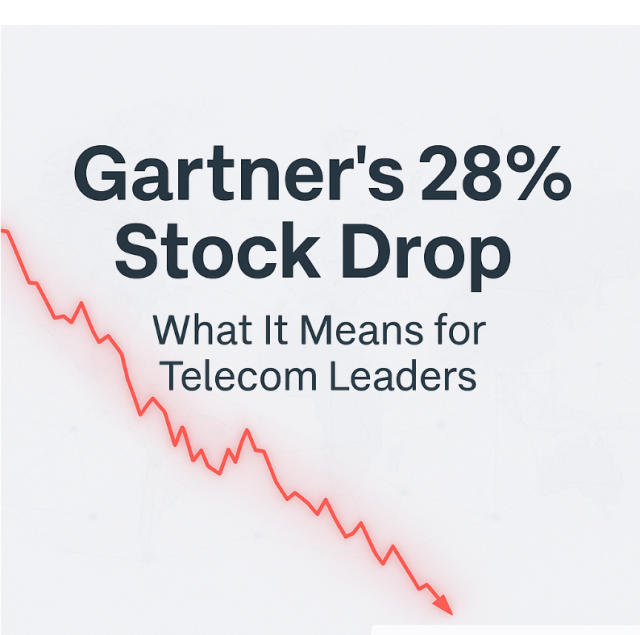 Gartner's 28% Stock Drop: What it Really Means for Telecom Leaders
Gartner's 28% Stock Drop: What it Really Means for Telecom Leaders
Tags: IT Leadership, IT Strategy, Procurement
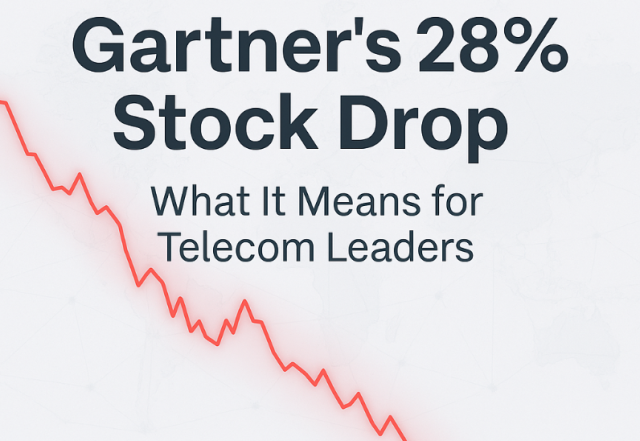 Gartner's 28% Stock Drop: What it means for Telecom Leaders
Gartner's 28% Stock Drop: What it means for Telecom Leaders
Tags: IT Leadership, IT Strategy, Telecom
 The Real Reason Your Clients Keep saying No (and it's not what you think)
The Real Reason Your Clients Keep saying No (and it's not what you think)
Here's what's really happening inside many organizations: Leaders earning $200K+ are struggling with fundamental challenges that cascade throughout their teams. They avoid difficult decisions, delegate accountability sideways, and create environments where progress stalls.
When clients say no, they're often responding to what they unconsciously detect in their own organizations.
Decision Risk - The fear of making the wrong choice paralyzes action. But here's the truth: speed of decision-making often matters more than perfection. Great leaders understand they won't always be right, but when they make a mistake, they take ownership and pivot quickly.
Expertise Gaps - When leaders lack confidence in their domain knowledge, they can't provide clear guidance to their teams or external partners. This creates endless research phases without actionable outcomes.
External Validation - Many enterprises have relied heavily on analyst firms like Gartner for decision support. But with changing market dynamics (Gartner's stock dropped 30% in August 2025), where will they turn for guidance?
Accountability Avoidance - Everything gets elevated or delegated. Meetings end with "we'll circle back internally" instead of clear next steps.
Your clients might be experiencing decision-making challenges if:
Leaders facing these challenges have two clear paths forward:
Option 1: Partner strategically with consultants and advisors who can fill capability gaps and support confident decision-making.
Option 2: Continue struggling with indecision while competitors move ahead.
The most successful leaders I've worked with embrace Option 1. They understand that leveraging external expertise isn't a sign of weakness—it's strategic leadership.
Here's an uncomfortable truth about "experience": Having 10 years in a role doesn't automatically mean 10 years of valuable experience. It might mean 10 years of avoiding decisions, missing deadlines, and shifting blame.
Real experience answers these questions clearly:
If someone can't answer these after years in leadership, they don't have experience—they have tenure.
The solution isn't more training or process improvements. It's honest assessment and decisive action:
Audit decision-making capabilities - Can leadership actually execute on the decisions they're paid to make?
Partner strategically - Identify gaps and engage external expertise to fill them immediately.
Embrace speed over perfection - Make decisions quickly and adjust course when needed.
Take ownership - Stop creating committees to avoid accountability.
Your clients aren't saying no because of your product, pricing, or timing. They're saying no because their internal decision-making processes are broken.
The question isn't "What would you say you do here?"
The question is: "What have you actually accomplished here that wouldn't have happened without you?"
Organizations that can answer this question clearly are the ones ready to move forward. They're the clients who say yes.
Tags: Business Strategy, IT Leadership, IT Strategy
 Adaptability Over Features: Building an AI Strategy That Won't Be Obsolete Next Tuesday
Adaptability Over Features: Building an AI Strategy That Won't Be Obsolete Next Tuesday
Choosing AI solutions today feels like buying a smartphone that will be outdated before you've finished removing the screen protector.
Last month's cutting-edge large language model is this month's digital dinosaur. The groundbreaking image generator you just implemented? There's already something twice as good at half the cost. That carefully crafted prompt engineering strategy your team spent weeks developing? The new models don't even use the same syntax.
Welcome to AI procurement in 2025, where the only constant is rapid, relentless change.
Traditional software procurement focuses heavily on features—those tidy little checkboxes on RFP documents that procurement teams love to tick. "Does it do X? Does it integrate with Y? Can it produce reports in format Z?"
This approach made perfect sense in a world where software changed incrementally, with major releases once a year. You could evaluate features, make a purchase, and reasonably expect those capabilities to remain relevant for the duration of your contract.
With AI, feature-focused procurement is like trying to hit a moving target while riding a roller coaster—blindfolded—in a thunderstorm.
The organizations thriving amidst this chaos have shifted their focus from features to adaptability. Rather than asking, "What can this AI solution do today?" They ask, "How easily can this solution evolve with our needs and technological advances?"
This requires evaluating potential partners on entirely different criteria:
It's less about what buttons the software has and more about how quickly new buttons can be added—or old ones removed—as needs change.
This shift explains why the most successful AI implementations are built as platforms rather than products. A platform approach provides the foundation and framework to accommodate rapidly evolving components.
Think of it as building a house with modular rooms that can be swapped. You start with the foundation and basic structure, but you can upgrade the kitchen next year, expand the living room the year after, or add smart home features as they become available—all without tearing down and rebuilding the entire house.
And this is precisely why the procurement paradigm has flipped from product-centric to team-centric. The critical question isn't "Which AI solution should we buy?" but rather "Who has the expertise to build and continuously evolve our AI platform?"
Look for teams with:
Because let's be honest—no one knows precisely what AI capabilities will be available six months from now, let alone two years from now. The team that acknowledges this uncertainty and builds with adaptability as a core principle will deliver far more value than one that promises specific features that may soon be irrelevant.
This reality transforms how organizations should approach AI vendor relationships. Rather than the traditional vendor-client dynamic, successful AI implementation requires genuine partnership.
You're not just buying a product; you're investing in a relationship with a team that will help you navigate the rapidly evolving AI landscape, continuously adapting your strategy and implementations as new capabilities emerge and business needs grow.
In the swirling storm of AI advancement, the organizations that thrive will not be those that pick the perfect product at a single point in time. They'll be the ones that build adaptable platforms with expert partners who can help them continuously evolve.
Because in AI, the race doesn't go to the swift—it goes to the adaptable. And adaptability isn't something you can buy in a box. It's something you build with the right team.
Tags: Agentic AI, AI, IT Strategy
 Why You Can't Buy Your AI Strategy in a Box.
Why You Can't Buy Your AI Strategy in a Box.
In the halcyon days of enterprise software, you know, way back in 2022, the procurement dance was familiar: identify a problem, find a vendor with a solution, sign the contract, and implement. Tidy. Predictable. Simple.
Then AI crashed the party like an uninvited guest with a confetti cannon.
Today, boardrooms worldwide are humming with the same anxious question: "What's our AI strategy?" But unlike the ERP implementations of yesteryear, no single vendor is waving their hand saying, "We've got you covered!" Well, actually, plenty are saying exactly that—they're just not telling the truth.
Remember when you could buy a comprehensive CRM system and call it a day? AI doesn't play by those rules. The current landscape is fewer department stores and more farmers' markets, specialized vendors everywhere you look, each with unique ingredients.
You've got foundation model providers, prompt engineering tools, synthetic data generators, model fine-tuning platforms, AI governance solutions, and enough specialized AI applications to fill a phone book (for those who remember what those were).
But here's the kicker: none of them, absolutely none, represent a complete AI strategy.
"Just implement our GenAI platform and you'll be transformed!" If only it were that simple. The uncomfortable truth is that AI transformation isn't a product—it's a capability – and capabilities can't be installed like software.
Think about it: would you buy a product called "Internet Strategy" in 1998? Or "Mobile Strategy" in 2010? Of course not. Those transformations required new ways of thinking, working, and organizing—not just new technology.
The same goes for AI. Companies rushing to purchase a single AI solution buy ingredients without a recipe and instruments without musicians.
Instead, a new model focused on expertise rather than products is emerging. Forward-thinking organizations are building or partnering with teams who can:
These teams blend technical expertise with domain knowledge, balancing the "can we" with the "should we" questions that AI inevitably raises.
The product-first approach to AI suffers from a classic case of solution-in-search-of-a-problem syndrome. When a vendor builds a generative AI chatbot, suddenly, every business challenge looks like it needs a chatbot.
But what if you really need intelligent document processing, predictive modeling, or something no one has named yet?
That's why the procurement shift matters so much. It's not about buying AI—it's about continuously building the capability to identify where AI creates value for your specific context.
As we stand amidst the AI downpour, umbrella vendors promising complete coverage are bound to leave you soaked. Instead of seeking shelter in a single solution, wise leaders assemble teams of expert navigators who can chart a path through the storm—and perhaps even teach you to dance in the rain.
Ultimately, your AI strategy won't be defined by what you buy but by who helps you build it.
And that might be the most refreshing business transformation of all.
Tags: Agentic AI, AI, IT Strategy
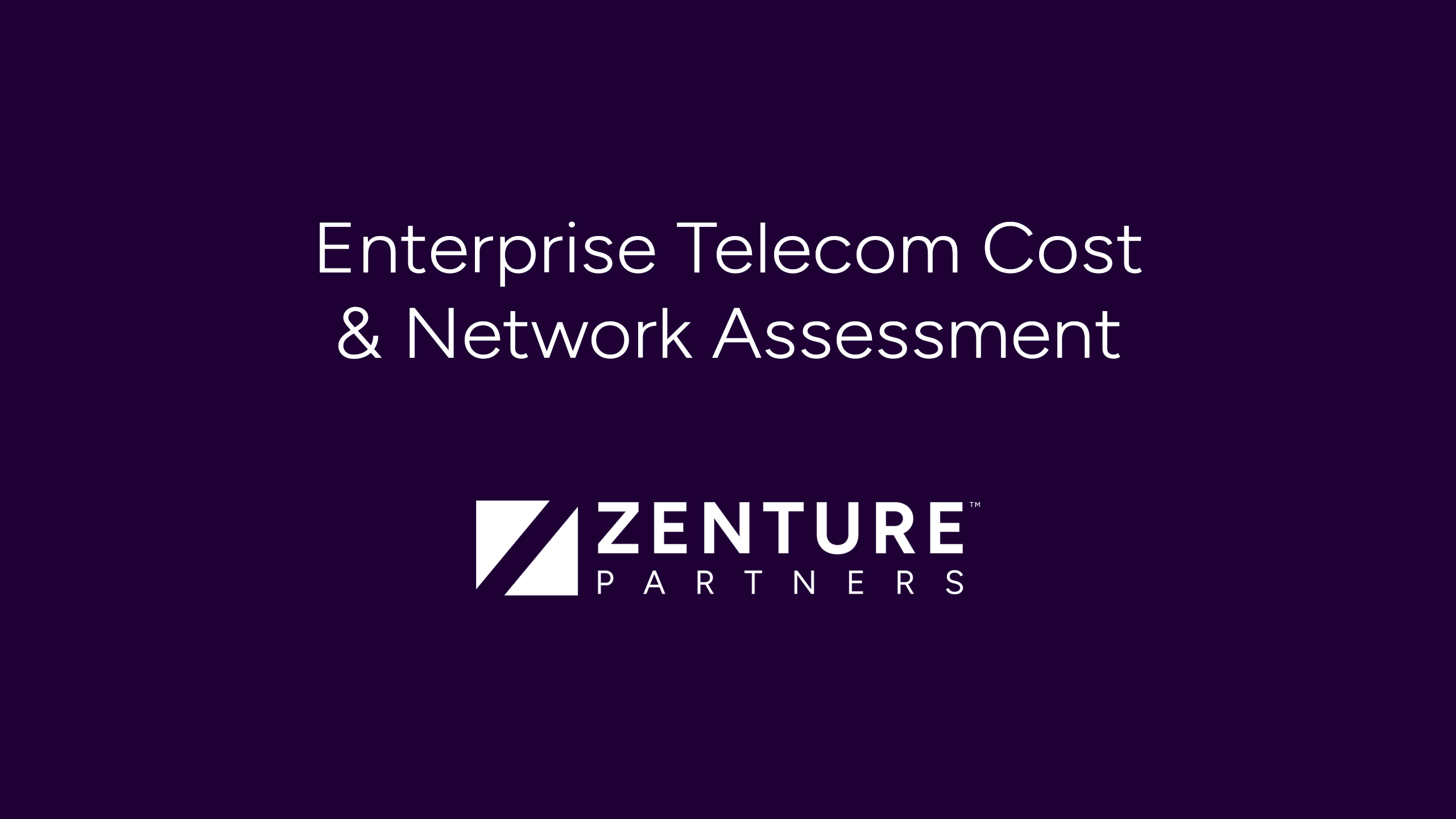 Enterprise Telecom Cost & Network Assessment
Enterprise Telecom Cost & Network Assessment
Location: Virtual Fees: $0
Service Type: Service Offered
 IT Procurement & Sourcing Summit
IT Procurement & Sourcing Summit
Location: Marriott Marquis Chicago Date : December 04, 2025 - December 05, 2025 Organizer: IT Procurement USA 2025
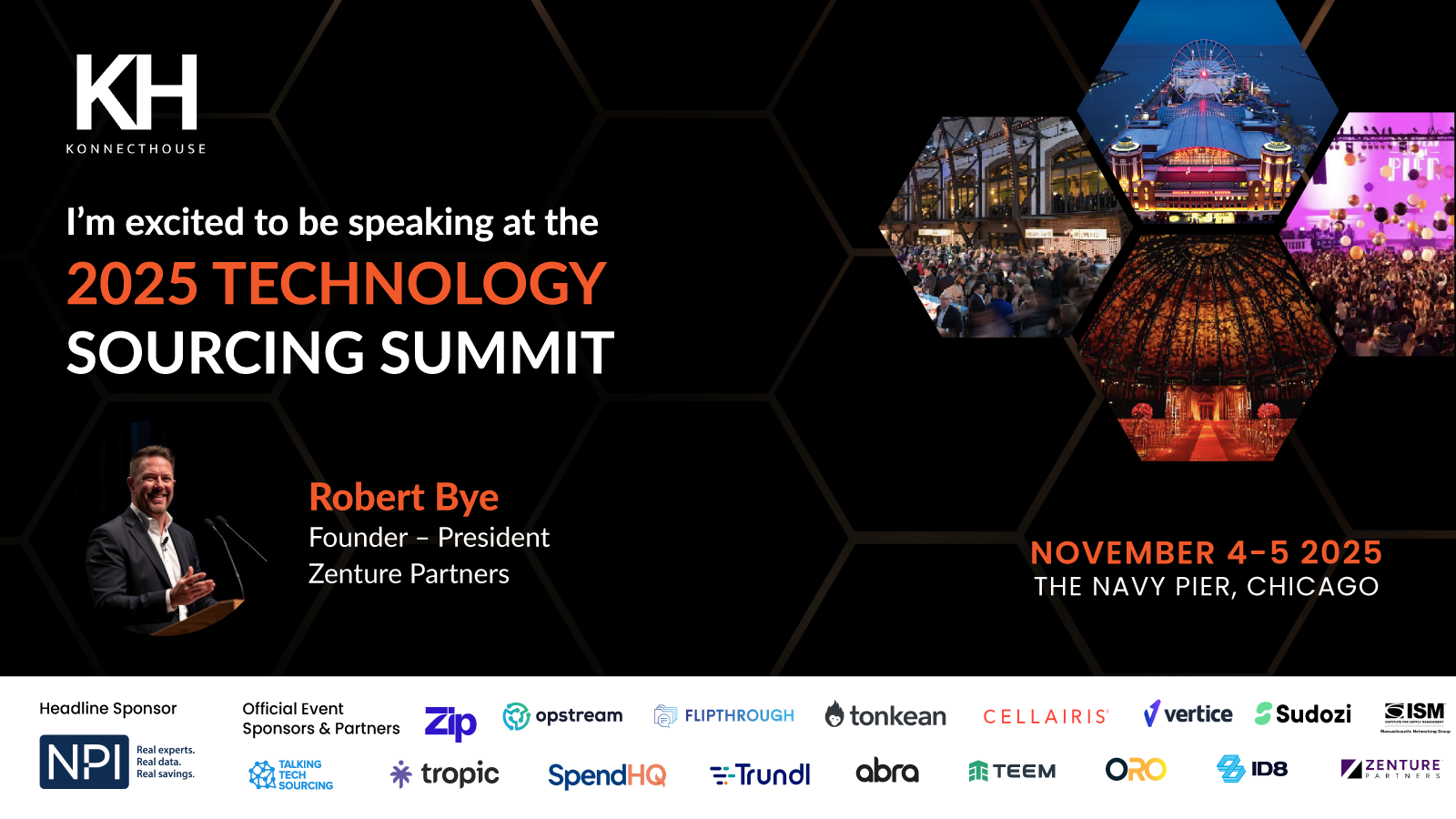 Konnecthouse Technology Sourcing 2025 Summit
Konnecthouse Technology Sourcing 2025 Summit
Location: Aon Grand Ballroom, Navy Pier, Chicago Date : November 04, 2025 - November 05, 2025 Organizer: konnecthouse
 Disrupting Telecom: How Zenture Is Rewriting the Enterprise Network Playbook with Robert Bye
Disrupting Telecom: How Zenture Is Rewriting the Enterprise Network Playbook with Robert Bye Why Leaders Can't Ignore Their Company's Telecom Spend
Why Leaders Can't Ignore Their Company's Telecom Spend Part 1: Understanding the Telecom Channel
Part 1: Understanding the Telecom Channel